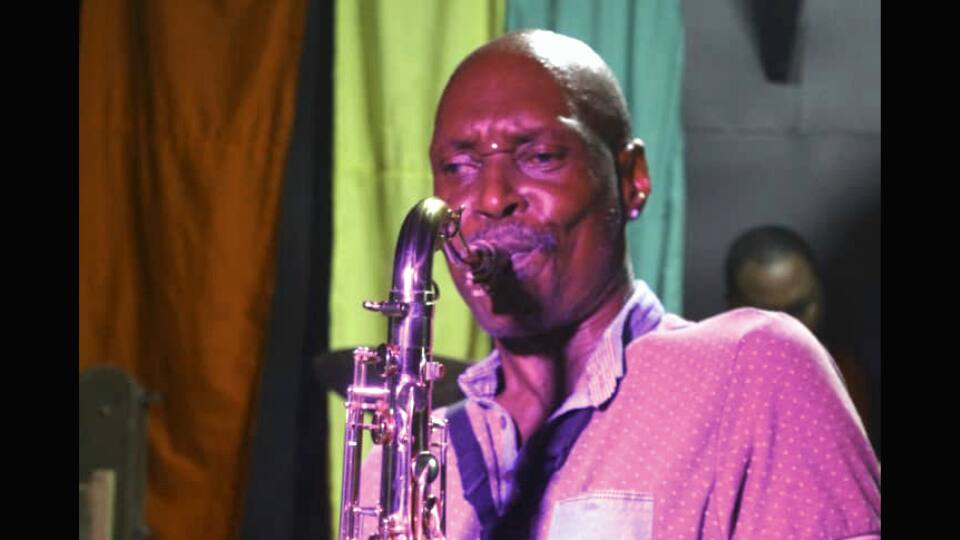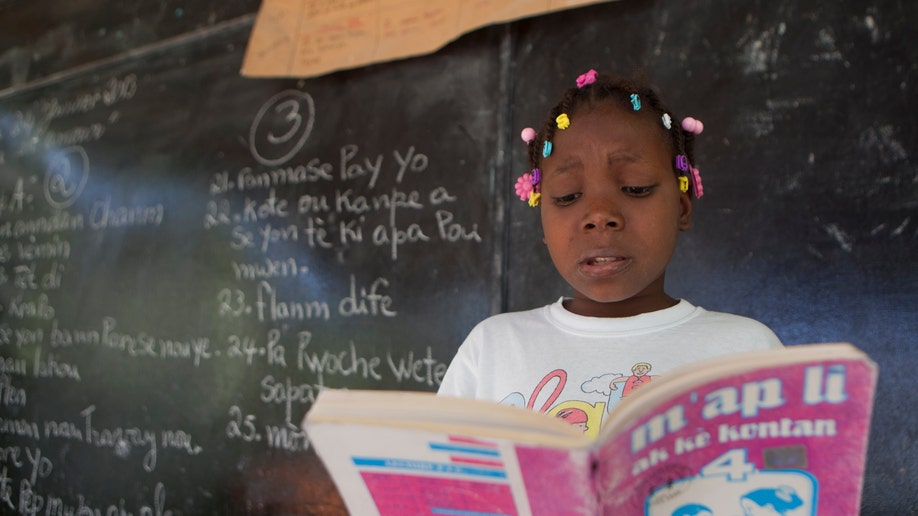Versatility in the French Caribbean Music.
Welcome to What’s the Beat with Branee T.-PART III
Versatility in the French Caribbean Music.
Firstly, let us explore the musical versatility of Guadalope.
Similar to other French Caribbean speaking countries, musicians in Guadelope have adapted a degree of versatility.
Because of the history and political climate of the country in the early years of independence, much of the music originating in Guadeloupe was simple and played on easily accessibility instruments. The natives and settlers at the time were more accepting of music as a form of recreation rather than a professional career outside military bands. According to Tour de Music, Gwoka is a uniform term for all music accompanying dances with the Guadalopean drum, the gwoka.
The below video depicts a band's performance using the Gwoka drum in Guadalope.
Video credit from Youtube https://youtu.be/OTDzHod7ytw
In order for Guadeloupean musicians to become more versatile in other genres and instruments of music they had to leave home behind in order to seek higher learning. Tour de Music specifically referenced Joseph Bolonge. His father, a French planter, took great interest in him and decided to relocate young Joseph to France. Here, he was provided with an education and professional musically training. He was often referred to as the Black Mozart. Today, Joseph Bolonge is a prominent musical figure on the island of Guadeloupe and his legacy is remembered through the commemoration of different sites and events in his owner.
Below is a photo of Joseph Bologne, Chevalier de Saint George

Photo credit : https://www.sfcv.org/articles/feature/black-brilliant-and-almost-forgotten-la-opera-streams-joseph-bolognes-anonymous#
Now let us explore the versatility of music in Haiti.
It is no secret that Haiti, as a country, has struggled in the past in gaining and maintaining their freedom as independence country from France. This ongoing struggle has manifested itself in all aspects of Haitian culture. These include the politics, food, language and even their music. The music of Haiti, in my opinion, is one of the most unique and diverse aspects that was birthed for this struggle.
The below video gives a brief overview of what transpired during the Haitian Revolution through song.
Video credit from (139) Mwen Blese (I'm wounded) - Haitian Revolutionary War Song - YouTube
Because of the influx of settlers for different parts of the world, the music was very different and fell into two broad categories. These include:
-The music of their homeland music- Africa. These include Rara, Kompa and Vodou music. This genre is usually played on simple handmade instruments by musicians who were not professionally trained; it was mainly used for recreation and religion.
-The music of the French which was a bit more organized and can be considered military music. This genre is usually played on professional instruments mainly woodwind and percussion instruments; it was mainly played at ceremonies and important events.
Haitian musicians in order to be seen as versatile artists must be familiar with the two different genres of music. Tour de Force references a specific artist in the text Mr. Thurgot Theodat. Mr. Theodat is a Vodou Jazz saxophonist, composer and arranger. He received his classical music training Paris and later returned to Haiti where he "immersed himself in the music and culture of his homeland." Theodat in the various styles and instruments of Haitian music definitely made him a more marketable artist not only in his homeland but globally.
Versatility can also be seen on other categories of the French speaking Caribbean. This evident in the language of many countries. For example, many words in Haitian Créole have some origin in French. However, the language is unique and versatile in that much of variation of French words stem from its integration of words of their homeland- Africa.
-The music of their homeland music- Africa. These include Rara, Kompa and Vodou music. This genre is usually played on simple handmade instruments by musicians who were not professionally trained; it was mainly used for recreation and religion.
-The music of the French which was a bit more organized and can be considered military music. This genre is usually played on professional instruments mainly woodwind and percussion instruments; it was mainly played at ceremonies and important events.
Haitian musicians in order to be seen as versatile artists must be familiar with the two different genres of music. Tour de Force references a specific artist in the text Mr. Thurgot Theodat. Mr. Theodat is a Vodou Jazz saxophonist, composer and arranger. He received his classical music training Paris and later returned to Haiti where he "immersed himself in the music and culture of his homeland." Theodat in the various styles and instruments of Haitian music definitely made him a more marketable artist not only in his homeland but globally.
 |
| Photo of Thurgot Theodat playing classical music instrument Photo credits https://sibellehaiti.com/wp-content/uploads/2020/02/20200223_161045_compress9.jpg |
Versatility can also be seen on other categories of the French speaking Caribbean. This evident in the language of many countries. For example, many words in Haitian Créole have some origin in French. However, the language is unique and versatile in that much of variation of French words stem from its integration of words of their homeland- Africa.
The photo below depicts a school aged child learning Haitian Creole in a grade school in Haiti.
 |
| Photo credits https://a57.foxnews.com/static.foxnews.com/foxnews.com/content/uploads/2018/09/918/516/2309bb307b28c204280f6a706700e10d.jpg?ve=1&tl=1 |
If you made it to the end, Congratulations! You are now a certified French Music in the Caribbean Versatilist.
Be sure to share this blog with everyone you know!
Until next time signing off as
… Branee’ T. - Chief Versatilist Consultant
References
LeGrand, C.G. C. (2019). Tour de Force: A Musical Journey of the Caribbean. Sound Caribbean. https://online.vitalsource.com/books/9789769624900

Comments
Post a Comment